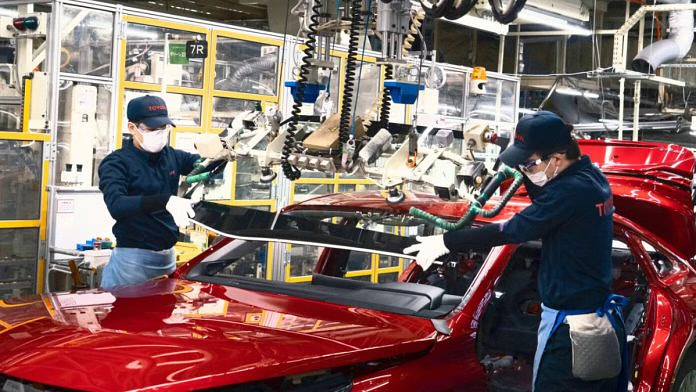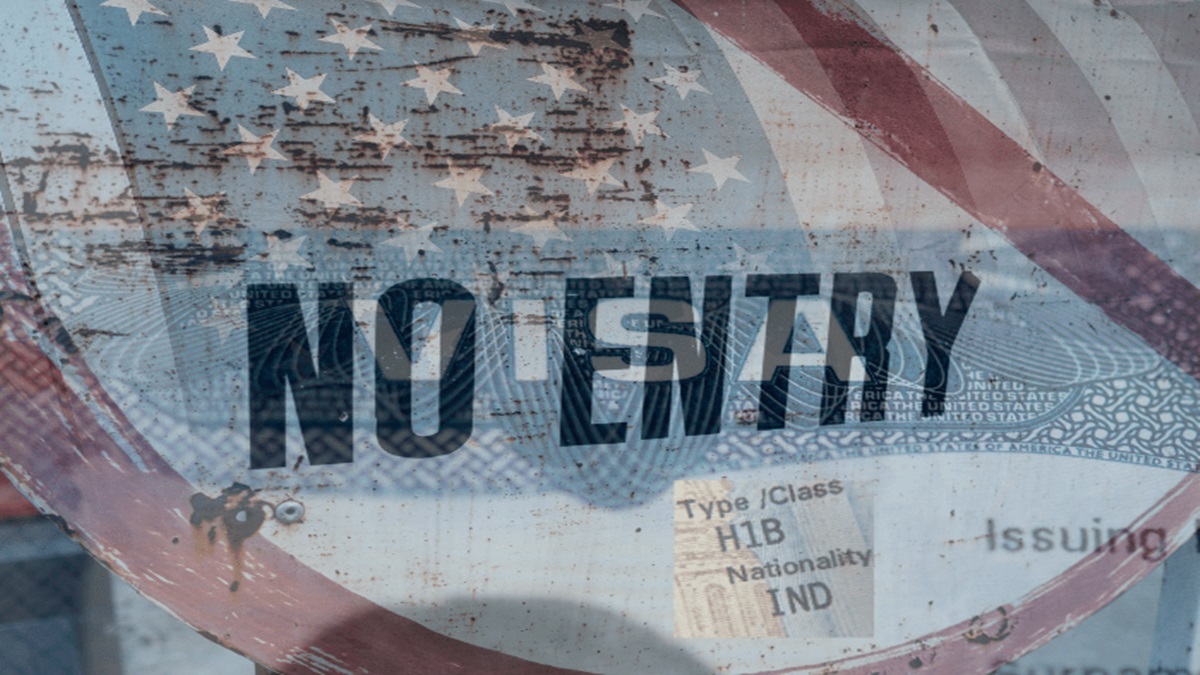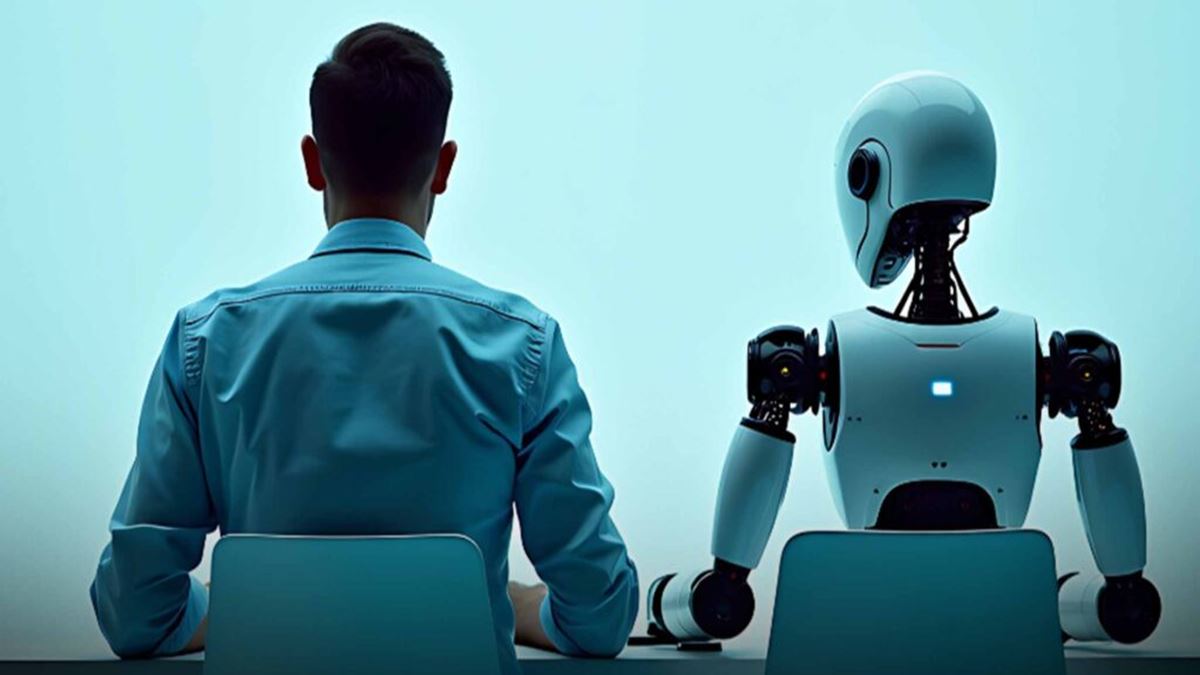Microsoft’s new AI-driven research has shaken the pot hard. Factory workers are no longer the only ones threatened by automation. This study presents a stark dichotomy: tasks that are rapidly changing with AI augmentation, and those most likely to become obsolete. Supported by the behavioral insights of millions of users, hiring trends on LinkedIn, and usage data on software such as Microsoft 365 Copilot, the report is not afraid to speak its mind. It details whose jobs are being replaced, whose jobs are changing, and whose jobs are in outright crisis.
Let’s begin with the unpleasant reality: if your job is rule-bound, repetitive, or administrative, your job is probably being taken apart piece by piece by AI at this very moment. The research highlights positions such as administrative assistants, in which AI software is facilitating scheduling, communication, and paper management with disquieting ease. Processes that previously required a whole team can now be performed by one individual with the help of intelligent systems. Customer service positions – once protected by human interaction – are being streamlined as well. AI chatbots and virtual assistants are not only replacing Tier-1 support but are also encroaching on more sophisticated situations, lessening the call centre large team requirement.
Although AI is not quite Shakespeare, it’s certainly good at churning out emails, product copy, and simple content at scale. Those who depend solely on volume or formulaic content development are already seeing their value erode. At the same time, accounting and bookkeeping jobs long regarded as safe, are being taken over by AI software that accomplishes reconciliation, tax preparation, and forecasting faster and more accurately than their human counterparts. Even junior legal jobs, such as paralegals, are in jeopardy as AI starts to aid in contract review, precedent research, and legal drafting.
But not all the news is bad. Microsoft’s data also highlights the resilience – and increasing value – of jobs that need human judgment, emotional intelligence, physical presence, or original thinking. Software developers, even working in a technical field, aren’t being displaced by AI; they’re being multiplied by it. GitHub Copilot and other tools help automate code and debugging, allowing developers to move on to higher-level architecture and problem-solving. Strategic and visionary leadership jobs are flourishing, since AI can generate ideas, but not yet innovate or drive brand imagination through messy emotional and cultural landscapes.
Healthcare providers are another bright spot. Though diagnostic AI is improving, the human element of medicine – empathy, subtlety, and trust – cannot be replaced. Physicians, nurses, therapists, and care workers are being augmented, not replaced. Trained trades like electricians and mechanics also remain largely unscathed. AI may be used for diagnostics or planning, but it can’t pick up a wrench and crawl under a sink. The report even points to a surge in demand for new careers: AI trainers, prompt engineers, and ethicists. A decade ago, these positions did not exist, but today they are at the core of maintaining AI that acts responsibly and effectively.
Microsoft’s message is clear and loud: no job is safe by nature. What’s safe are flexible mindsets and strategic upskilling. AI is not a one-off disruption – it’s an ongoing evolution. The workers succeeding are the ones who see AI not as a threat but as an asset. They’re figuring out how to leverage AI to augment their capabilities, automate tasks, and create value in new ways that were previously impossible. Those holding on to antiquated workflows, though, become more bottlenecks than assets.
This brings us to the key learning from the report: the best professionals of the decade to come will not be identified by their job titles, but by how well they can learn, shift, and leverage AI as a sidekick. The “static career path” is extinct. You have to be open to reskill – on a perpetual basis. Learn the technologies defining your business, know how automation intersects with your workflow, and become the one influencing others through the transition. They will become irreplaceable. The others will be orchestrating their own exit a lot earlier than they had hoped.
Microsoft’s research doesn’t hint at some distant, sci-fi future. It reflects a rapidly changing present. If your job is in the high-risk category, take this as a signal – not a sentence. You’re not powerless. The levers to shift your trajectory – learning AI tools, gaining cross-functional skills, understanding prompt engineering – are already within your reach.
In this era of transformation, being passive is the biggest liability. Your career’s future depends not on AI itself, but on your response to it. Adapt early. Pivot fast. Stay human – but don’t stay static.




















